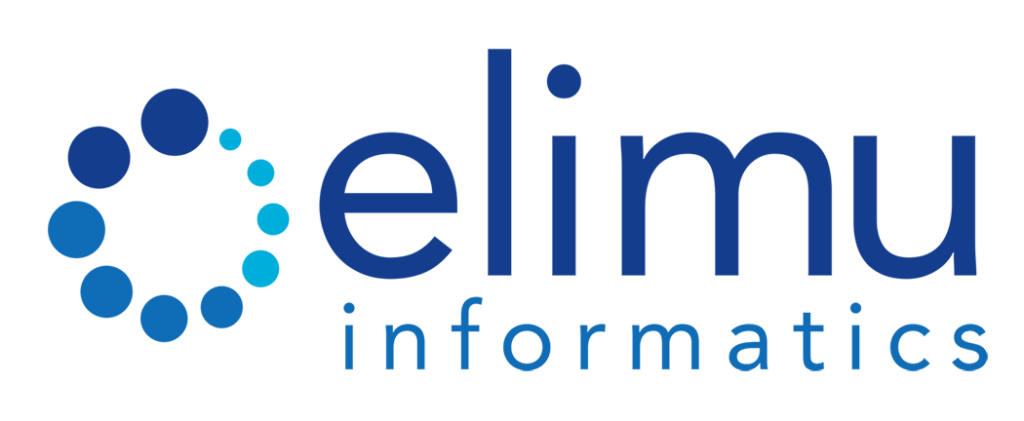May 14, 2019 | Elimu Informatics
Did you attend AMIA’s Clinical Informatics Conference (CIC) in Atlanta? If you did, what a wonderful week it was. Lots of great content and presentations. If you missed it, we humbly submit our highlights and impressions from the conference:
- Lots of content geared toward Quality Improvement in CDS, reducing alert burden, finding errors in alerting systems, etc. Very reminiscent of Adam Wright’s influence at last year’s CIC.
- John Manning, a physican-turned-coder at Atrium Health, hosted a workshop on “Creating Health-Focused Android/iOS Apps with a Single Code Base.” It was an awesome demonstration and practicum on the Flutter SDK with its “hot reload” feature that provides for dynamic code changes to be made while the app is still running. This allows for code changes to be immediately apparent in the app without a re-compile or re-launch. Impressive stuff.
- Loved the workshop on “Agile Clinical Decision Support Development and Implementation.” This workshop emphasized the point that agile techniques are applicable to CDS efforts as well. Very complimentary the iterative approach we take to CDS rules authoring. It was interesting to learn about the FITNesse IDE to leverage the Framework for Integrated Testing and test-driven development. No mention of BPMN or DMN though…
- Semedy’s Dom Aronsky and Roberto Rocha’s workshop included a demo of Partners Healthcare’s Semedy implementation. A huge effort to get all artifacts and metadata in the system, but once there, the system made dependencies nicely transparent. Nice job, Semedy!
- Enjoyed the opening keynote by Stephen Klasko, a physician futurist who is president of Thomas Jefferson U Health system. Loved his take that we have Star Wars health care technologies in a Fred Flintstone delivery system. Case in point: no one thinks about “telebanking” anymore. It’s just banking, which is mostly digital now. That’s where health care must go/is going soon. Huge disruption ahead, but it will all be worth it, and Elimu will be there to assist.
- Nicholas Riley from Case Western had a great approach to Medication Reconciliation. Lots of synergies with the prototype medication reconciliation tool we have developed within SapphireTM.
- At a session on “Using CIMI Models to Facilitate Bidirectional Interoperability and Decrease Clinician Burden,” it was provocative to see a demonstration of post-coordination of a specific concept by encoding composite concepts in the “Coding” structures of a CodeableConcept in a FHIR resource. Like language change, could FHIR be evolving “in the wild” to accommodate unmet expressive needs? Current documentation unambiguously suggests that Codings in a CodeableConcept are supposed to be approximate synonyms and, if post-coordination is desired, a code symbol may be a logic expression applicable in the code system (i.e. ECL for SCT).
- Cool presentation/demo of the Vanderbilt EHR Voice Assistant (VEVA). Like Alexa, it allows you to ask the EHR for information. A good discussion of complex issues ensued – when is voice useful, when is it not, what’s difficult about it, etc. For instance, if you ask for the patient’s last blood pressure, you don’t need VEVA to say, “The blood pressure on February 3, 2019 was 120 millimeters of mercury over 80 millimeters of mercury” — VEVA should just say, “120 over 80”. A work in progress but pretty cool.
- It was interesting to see where the ONC’s Sync for Genes Phase 2 project has gone. They are now testing interoperability of genomic data between labs, providers, patients, and researchers via emerging standards such as HL7 V2, FHIR DSTU3, and FHIR R4. Lessons and challenges for each site were presented with a final report due this summer. Will any of them ask for a VCF to FHIR translator?
All in all it was a great week. If you attended the conference and had other highlights that we missed, we’d love to hear about them. Feel free to drop a line or share them in the comments section below. Until next time!
